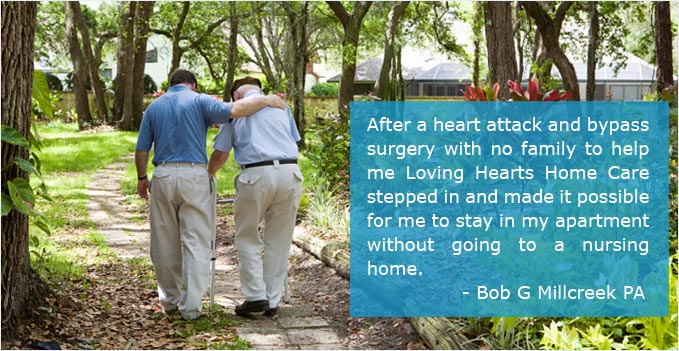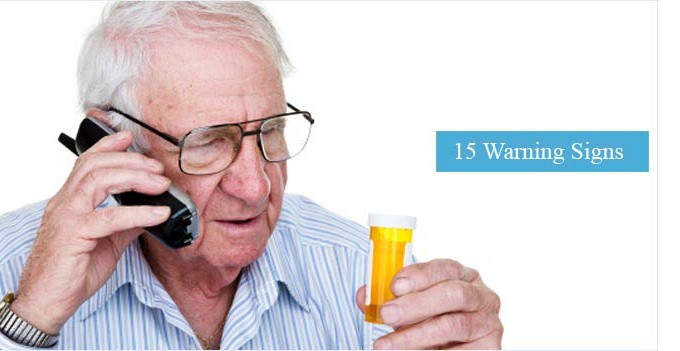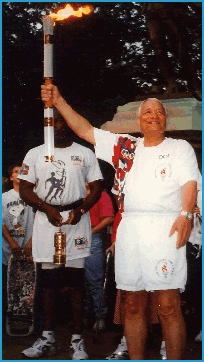10 Reasons Seniors are at Risk for Dehydration
Dehydration and Seniors
What is dehydration? According to Medical News Today dehydration is when more water is exited than is entering the body. The human body is made up of 75 % water. Water is lost on a constant basis from our bodies. Dehydration occurs when we breathe, sweat, urinate, and defecate. Other causes of dehydration are vomiting, diabetes, and burns. Provided in the following are 10 reasons seniors are at risk for dehydration.
Dehydration can happen to anyone. Some people that are at a higher risk are those that have chronic illness for example those with kidney problems, adrenal gland disorders, cystic fibrosis and diabetes. Higher dehydration rates are seen in seniors for a variety of reasons.
10 Reasons Seniors are at Risk for Dehydration
1. Medication. Seniors may take a diuretic that increases the amount of urinary output.
2. An elderly persons’ percentage of water in their body often times tends to be lower especially if they have more body fat.
3. At times seniors are at risk for dehydration because they may not have the feeling of thirst as fast as someone younger.
4. Some seniors have medical problems swallowing liquids.
5. Having dementia may play a role at being at a higher risk.
6. Some seniors are in fear of having an incontinent episode so he or she may avoid drinking.
7. Being on a fluid restriction diet, if a senior has a kidney condition may affect the risk for dehydration.
8. Having limited mobility to access adequate water supply without having assistance.
9. Not having access to assistive drinking devices.
10. A high percentage of seniors have lowered immunity to acute illness such as getting food poisoning so they may have more severe complications.
Symptoms and Signs of Dehydration in Seniors
- Low blood pressure
- Cracked or dry lips
- Sunken eyes
- Dark and concentrated urine output
- Thirst (this may be absent in seniors due to ability of some to verbalize this symptom)
- Flushed skin on face
- Loss of balance or dizziness
- For more symptoms and signs of dehydration in seniors please refer to “Dehydration” and “Successful Nursing Assistance Care” by Diana Dugan. http://suite101.com/article/dehydration-and-confusion-in-the-elderly-a332951
How Can Loving Hearts Home Care Assist in Preventing Dehydration in Seniors?
Home care staff can assist in preventing dehydration in seniors in a variety of ways. Depending on the assistance level needed, a home care staff can provide friendly reminders encouraging seniors to drink fluids with meals and throughout the day. Staff can shop and prepare favorite beverages for the ones they care for. Staff can assist in drinking from assistive drinking devices if assistance is needed. Providing foods during meal planning that have high water content (such as a vegetables and fruits) is another way that helps with staying hydrated.
Our caring staff here at Loving Hearts Home Care want to express that dehydration can be a very serious life threatening condition. We are here to help protect your loved ones safety.
[facebook_ilike]
Loving Hearts Home Care – Erie PA 16506 – 814-836-1147








Comments